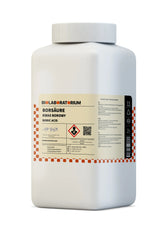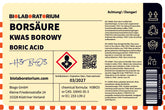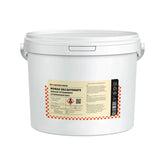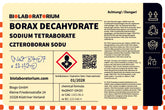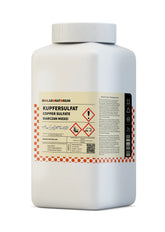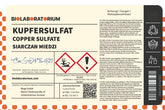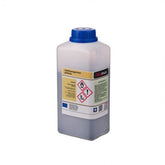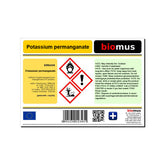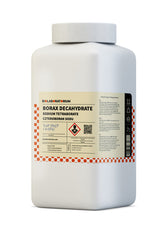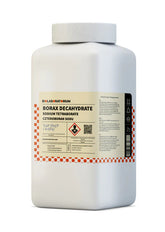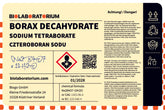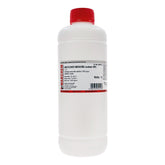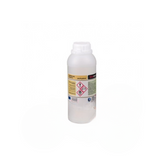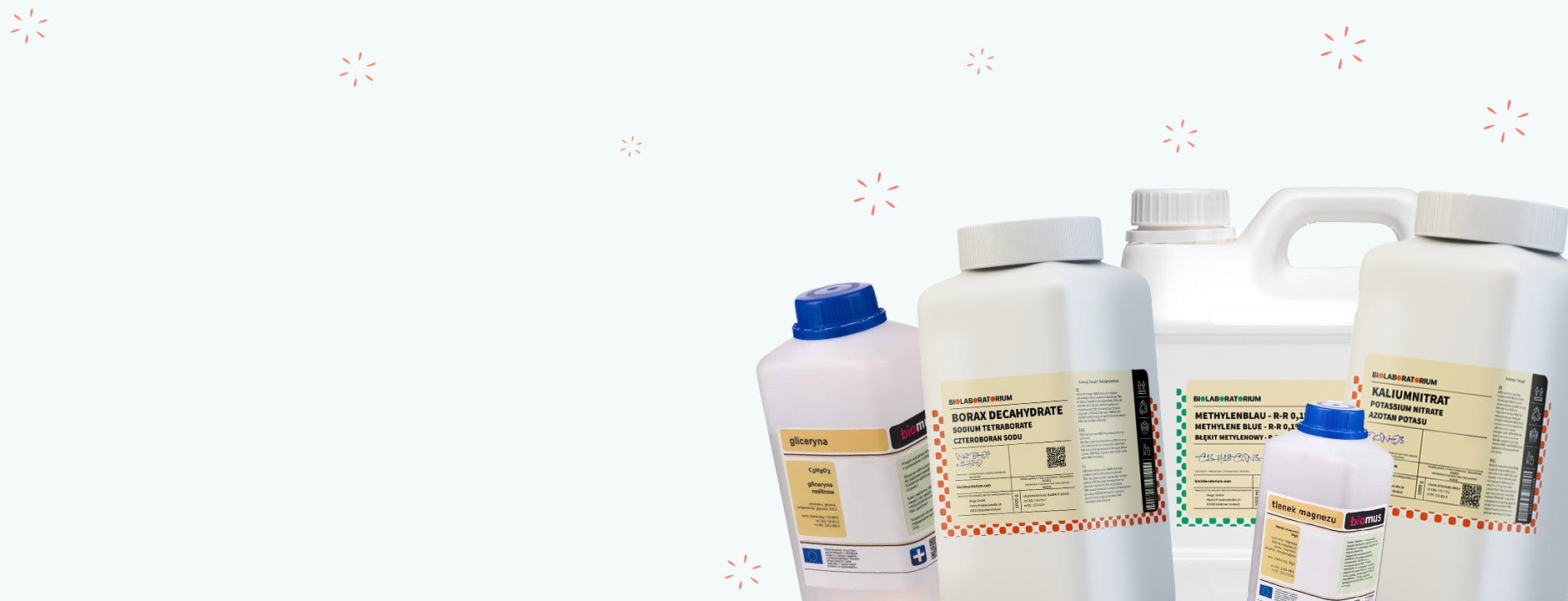Polyvinyl alcohol – A versatile polymer with exceptional physicochemical properties
In the dynamic world of polymers, polyvinyl alcohol (PVA) holds a special place. This synthetic material is characterized by a multitude of exceptional properties that make it an extremely versatile and valuable material. In this blog post, we will take an in-depth look at the fascinating characteristics of polyvinyl alcohol and highlight why this polymer is used in so many application areas.
The structure and production of polyvinyl alcohol
Polyvinyl alcohol is a synthetic polymer produced by the hydrolysis of polyvinyl acetate (PVAc). In this process, the acetate groups of PVAc are replaced by hydroxyl groups, giving the end product PVA its characteristic properties. The degree of hydrolysis, i.e., the proportion of converted acetate groups, significantly determines the properties of the resulting PVA.
Depending on the application area, different degrees of hydrolysis can be used. For example, highly hydrolyzed PVA with a hydroxyl group content of over 99% is characterized by high water solubility and polarity, while partially hydrolyzed PVA with a lower hydroxyl group content is more non-polar and less water-soluble.
Exceptional physicochemical properties of PVA
Polyvinyl alcohol possesses a number of remarkable physicochemical properties that make it an extremely versatile polymer:
Water solubility and polarity
One of the most outstanding properties of PVA is its water solubility. Thanks to the polar hydroxyl groups, the polymer can dissolve in water and forms stable, viscous solutions. This property makes PVA an ideal base material for water-based coatings, adhesives, and dispersions.
High strength and flexibility
Polyvinyl alcohol is characterized by a remarkable combination of strength and flexibility. The hydroxyl groups enable the formation of hydrogen bonds, resulting in high tensile strength and tear resistance. At the same time, the material remains flexible and impact-resistant.
Excellent barrier properties
PVA exhibits very low permeability to gases such as oxygen, carbon dioxide, and aromas. These barrier properties make it an ideal material for packaging to protect sensitive products from environmental influences.
Good adhesion properties
Polyvinyl alcohol has a high affinity for many surfaces and materials. These excellent adhesion properties enable the use of PVA as a binder in adhesives, coatings, and dispersions.
Biodegradability and biocompatibility
Another important aspect of polyvinyl alcohol is its biodegradability. The polymer can be broken down by microbial degradation into water and carbon dioxide, making it an environmentally friendly material. Moreover, PVA is biocompatible and is therefore used in medical and pharmaceutical products.
Diverse application areas of polyvinyl alcohol
Due to its unique properties, polyvinyl alcohol has established itself in a wide range of industries. Some of the most important application areas are:
Packaging and coatings
PVA is frequently used as a barrier layer in packaging for food, beverages, and pharmaceuticals. Additionally, it is used in coatings for paper, cardboard, and textiles to protect them from moisture, oils, and chemicals.
Adhesives and dispersions
Polyvinyl alcohol is an important component of adhesives, dispersions, and binders. Its excellent adhesion properties make it an ideal material for the production of wood glue, wallpaper paste, and dispersion paints.
Textile and paper industry
In the textile industry, PVA is used as a sizing agent for cotton and polyester yarns to improve their strength and processability. It is also used in paper manufacturing as a reinforcing agent and surface treatment.
Medicine and pharmacy
Due to its biocompatibility and biodegradability, polyvinyl alcohol is used in medical products such as wound dressings, eye implants, and drug capsules. Furthermore, it serves as an emulsifier in pharmaceutical formulations.
Further applications
In addition to the mentioned application areas, polyvinyl alcohol is also used in the cosmetics industry, in paint formulations, as a lubricant, and even in the food industry as a thickener and stabilizer.
Conclusion: Polyvinyl alcohol – an all-round talent among polymers
Polyvinyl alcohol is a fascinating polymer with an impressive range of physicochemical properties. Its water solubility, strength, flexibility, barrier properties, and biodegradability make it an extremely versatile material used in numerous industries. From packaging to adhesives to medical products – PVA has established itself as an indispensable component of modern materials. With its unique combination of performance and environmental friendliness, polyvinyl alcohol will continue to play an important role in the development of innovative products.

